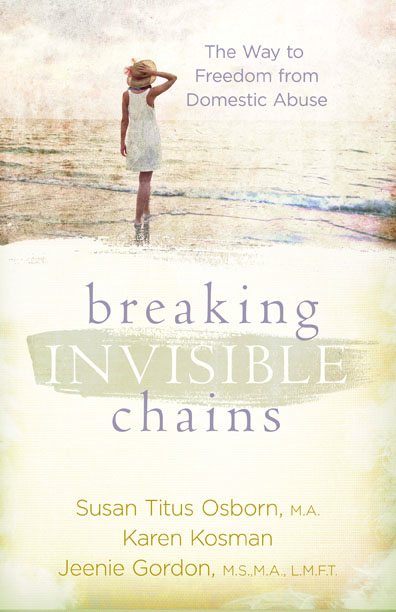What is a copyright? A copyright is a way to protect something you create, whether writing, painting, or drawing. A copyright gives you four specific rights:
- Copy the work.
- Take excerpts to use elsewhere.
- Sell selected rights to the work and make money from it.
- Perform or display the work.
What can you copyright? Anything that is your original work: articles, poems, stories, pictures, songs, grocery lists. Anything you write down can be copyrighted except ideas, concepts, and titles. Anything regarding the expression of ideas can be copyrighted.
Since the laws were changed in 1978, you do not have to register your work with the copyright office to hold a copyright on it. Once your original material comes off your printer or pen, you own the copyright on it. If someone plagiarizes your work, however, and you want to sue him for copyright infringement, then you need to register your work with the copyright office in Washington, D.C.


